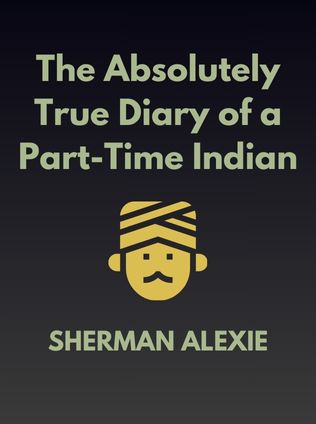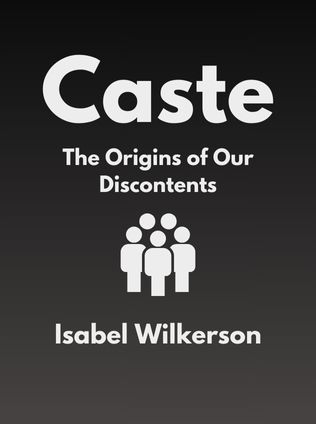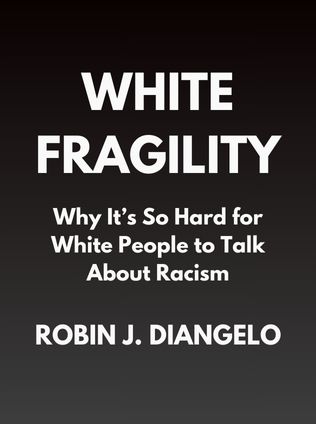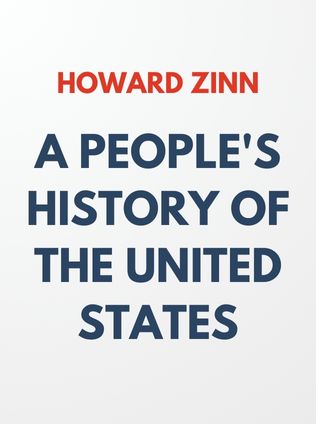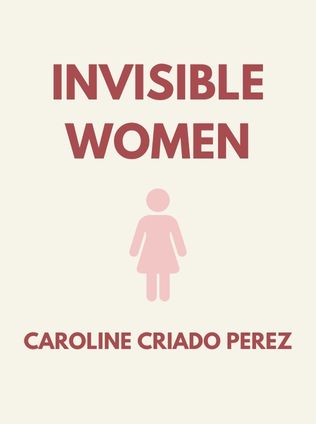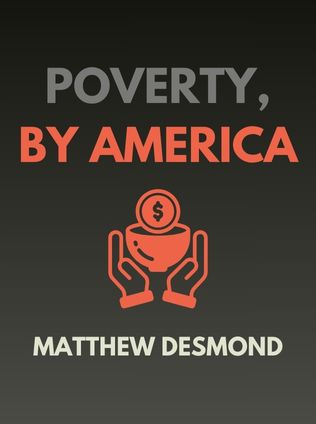
About the Author
Matthew Desmond is a renowned sociologist and professor at Princeton University, recognized for his groundbreaking work on poverty and inequality in the United States. His research, deeply influenced by his own experiences growing up in poverty, offers a unique blend of academic rigor and personal insight. Desmond's previous work, "Evicted: Poverty and Profit in the American City," won the Pulitzer Prize for its in-depth examination of the housing crisis in America. With "Poverty, by America," Desmond continues his mission to expose the structural forces that perpetuate poverty in one of the wealthiest nations on earth.
Main Idea
In "Poverty, by America," Matthew Desmond argues that poverty in the United States is not just a byproduct of economic disparity but a condition deliberately sustained by those who benefit from it. The book challenges the reader to confront the uncomfortable reality that the persistence of poverty is tied to the choices and policies of those who are better off. Desmond calls for a moral awakening, urging individuals to recognize their complicity in this system and to take action to dismantle it.
Table of Contents
- Introduction: The Paradox of Poverty in a Wealthy Nation
- The Lived Experience of Poverty
- False Explanations for Poverty
- How Wealthy Americans Exploit Poverty
- Empowering the Poor: A Multifaceted Approach to Eradicate Poverty
- Conclusion: A Call to Action
Introduction: The Paradox of Poverty in a Wealthy Nation
The United States is a country of immense wealth, with a GDP that surpasses the combined total of the next five largest economies. Yet, within this land of opportunity, one in nine Americans, including one in eight children, live in poverty. This paradox is at the heart of Matthew Desmond’s "Poverty, by America." He asks how such abject misery can persist in a nation with the resources to eradicate it. The answer, he suggests, lies in the uncomfortable truth that many Americans benefit from the existence of poverty.
Desmond’s work is not just a scholarly examination of poverty; it is a moral indictment. He urges readers to reflect on their roles in perpetuating this cycle and challenges them to take action. His message is clear: Poverty is not inevitable, and we all have a responsibility to fight it.
The Lived Experience of Poverty
Poverty is more than a lack of income; it is a state of being that affects every aspect of a person's life. Desmond describes poverty as a "wrenching, soul-crushing experience," one that strips individuals of their freedom, agency, and dignity. The consequences of poverty are far-reaching, leading to premature death, illness, addiction, violence, and homelessness.
Desmond argues that poverty is the common thread connecting many of America’s social problems, from educational disparities to health inequities. He writes, "Poverty is the root cause of much of the suffering in our society, and yet we continue to allow it to persist." Desmond's portrayal of poverty is not just about statistics; it is about the real, human cost of economic deprivation.
“Poverty is the root cause of much of the suffering in our society, and yet we continue to allow it to persist.” - Matthew Desmond
The Non-Economic Cost of Poverty
Beyond the obvious financial hardship, poverty imposes severe psychological and physical burdens on those who experience it. Research shows that stress levels are significantly higher among low-income individuals, leading to poor health outcomes, lower life satisfaction, and increased rates of pain, worry, and sadness.
Desmond emphasizes that the pain of poverty is not just about struggling to make ends meet; it is about the constant fear and uncertainty that comes with it. This stress is exacerbated by systemic discrimination, which further marginalizes the poor and entrenches their disadvantage across generations.
- Poor health outcomes due to chronic stress
- Lower life satisfaction and higher levels of sadness
- Increased worry and pain among low-income individuals
False Explanations for Poverty
Despite the wealth of the United States, poverty remains a stubborn feature of American life. Desmond argues that several false explanations have been offered to justify why poverty persists. These include the belief that poverty is caused by immigration, non-traditional family structures, and a lack of work ethic among the poor. Desmond systematically dismantles these myths, showing that they are not only inaccurate but also harmful, as they shift the blame onto the victims of poverty rather than addressing the systemic issues that perpetuate it.
Immigration
One common explanation for poverty is that it is caused by immigration. Desmond challenges this notion by pointing out that immigrants in the United States often exhibit higher levels of social mobility than native-born citizens. They contribute significantly to the economy, often using fewer state resources and achieving lower poverty rates in areas with high immigrant populations.
Sign up for FREE and get access to 1,400+ books summaries.
You May Also Like
Rich Dad Poor Dad
What the Rich Teach Their Kids About Money - That the Poor and Middle Class Do Not!
By Robert T. KiyosakiFreakonomics
A Rogue Economist Explores the Hidden Side of Everything
By Steven D. Levitt and Stephen J. DubnerI Am Malala
The Story of the Girl Who Stood Up for Education and Was Shot by the Taliban
By Malala YousafzaiFactfulness
Ten Reasons We're Wrong About the World – and Why Things Are Better Than You Think
By Hans Rosling














